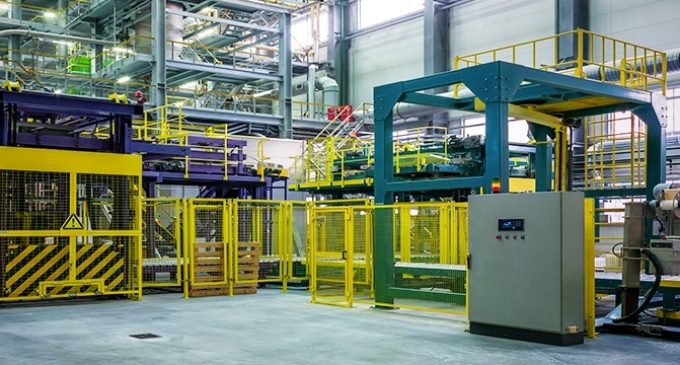Irish manufacturing conditions deteriorate at sharpest pace for three years in May

Weighed down by sharper falls in output and new orders, Ireland’s manufacturing sector remained rooted in a downturn in May. Subsequently, purchasing activity fell at the strongest pace since June 2020, inventory levels were scaled back, and business sentiment remained historically subdued, according to the latest AIB Ireland Manufacturing PMI® survey. There was, however, some positive news brought about by the current demand weakness. Vendor performance improved for the third month in a row, with input costs falling further and leading firms to reduce their selling prices for the first time in over two-and-a-half years.
Commenting on the survey results, Oliver Mangan, AIB Chief Economist, said: “The AIB Irish Manufacturing PMI for May showed a continuation of the downturn in activity in the sector, with the headline index falling further to 47.5 from 48.6 in April and 49.7 in March. This is no surprise as manufacturing activity globally remains in contraction, with the pace of decline gathering momentum. The flash May Manufacturing PMIs for the Eurozone, UK and US slipped further to 44.6, 46.9 and 48.5, respectively.
 “The downturn in global manufacturing stems from weak demand, with declining new orders, falling production and a rundown of inventories. These traits are very evident in the latest Irish data. May saw further declines in new orders, with a particularly sharp fall in export orders, the steepest since April 2009 apart from during the early period of the COVID pandemic. Spare capacity rose further as backlogs of work maintained their steep decline. Stocks of finished goods fell, while firms continued to scale back their purchases of inputs at a marked pace, resulting in a sharp drop in the stock of inputs.
“The downturn in global manufacturing stems from weak demand, with declining new orders, falling production and a rundown of inventories. These traits are very evident in the latest Irish data. May saw further declines in new orders, with a particularly sharp fall in export orders, the steepest since April 2009 apart from during the early period of the COVID pandemic. Spare capacity rose further as backlogs of work maintained their steep decline. Stocks of finished goods fell, while firms continued to scale back their purchases of inputs at a marked pace, resulting in a sharp drop in the stock of inputs.
“On a positive note, employment increased for a sixth consecutive month, albeit only marginally. There was also a further shortening in supplier delivery times, with the easing of pressures on supply chains being aided by the general weakness of demand. Irish manufacturers continue to be optimistic about the future, although confidence levels remain low by historical norms.
“Meanwhile, there was a further marked easing of inflationary pressures in the sector. Indeed, input prices fell for the second consecutive month amid a continuing moderation in raw material and energy prices. This led to the first fall in output prices since September 2020.”




















